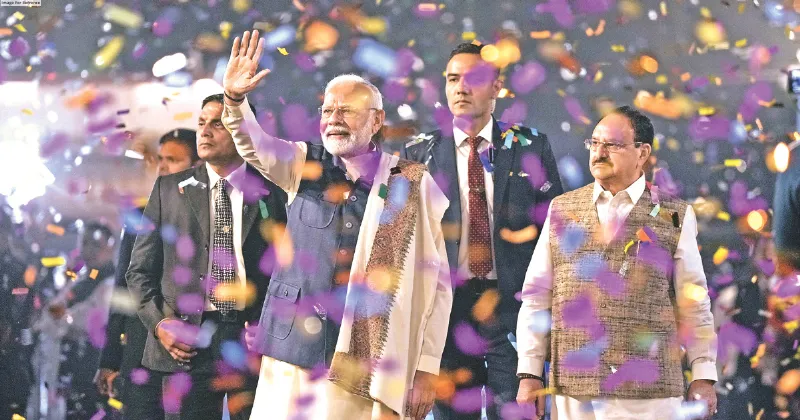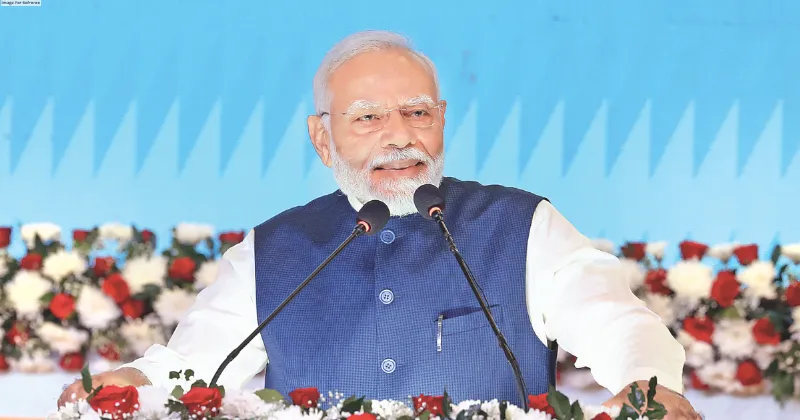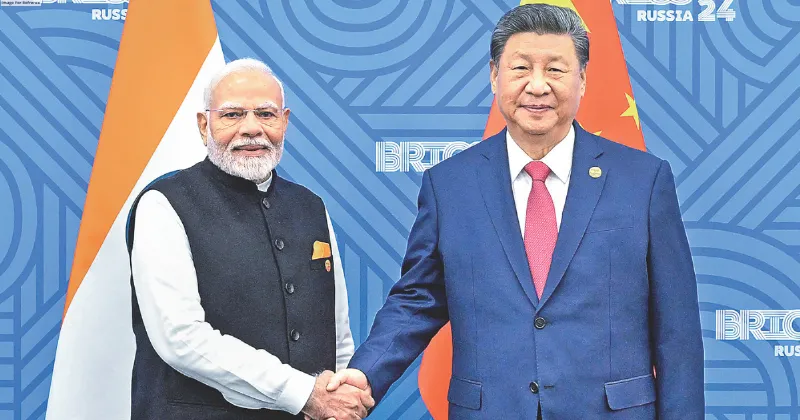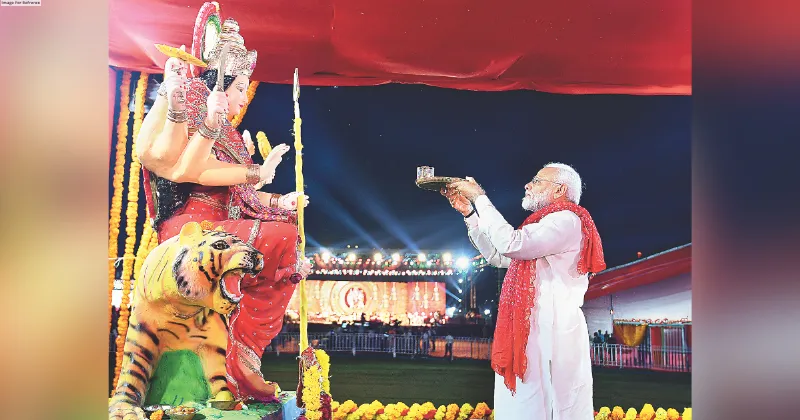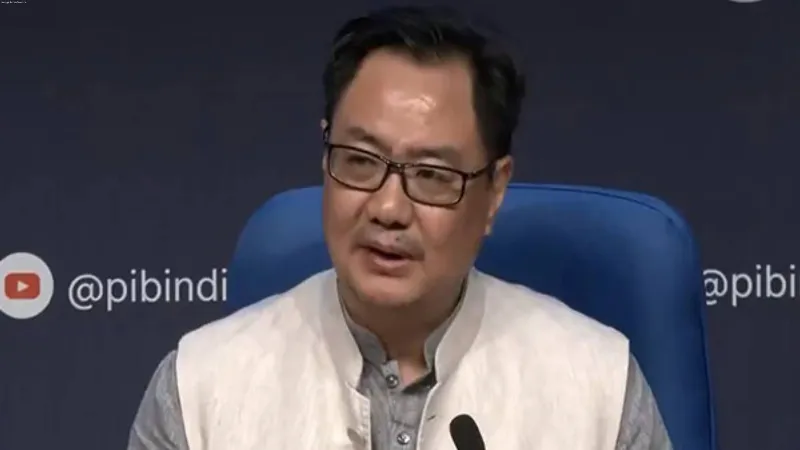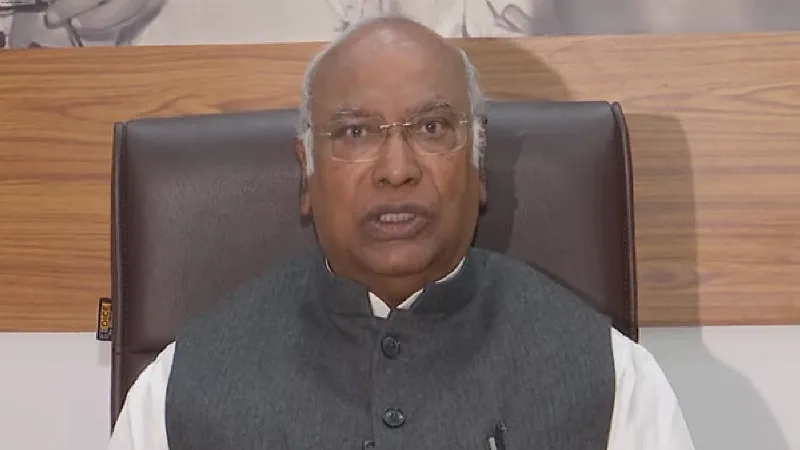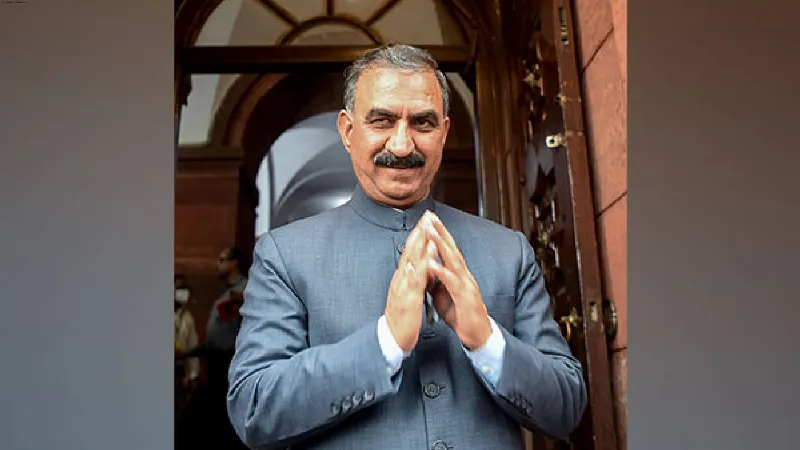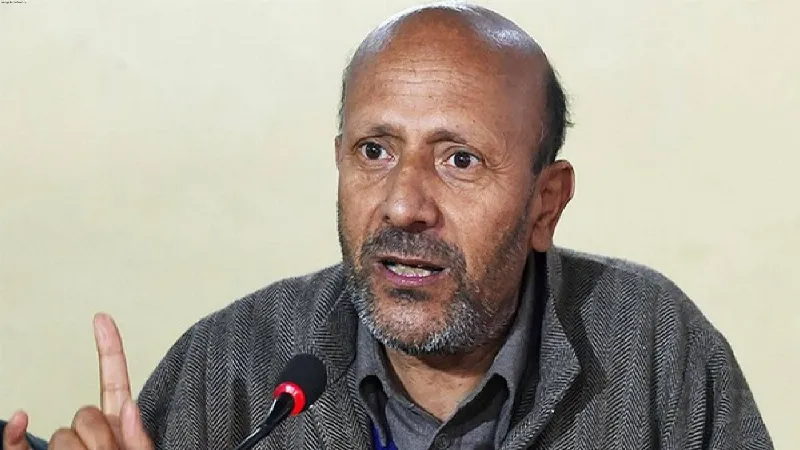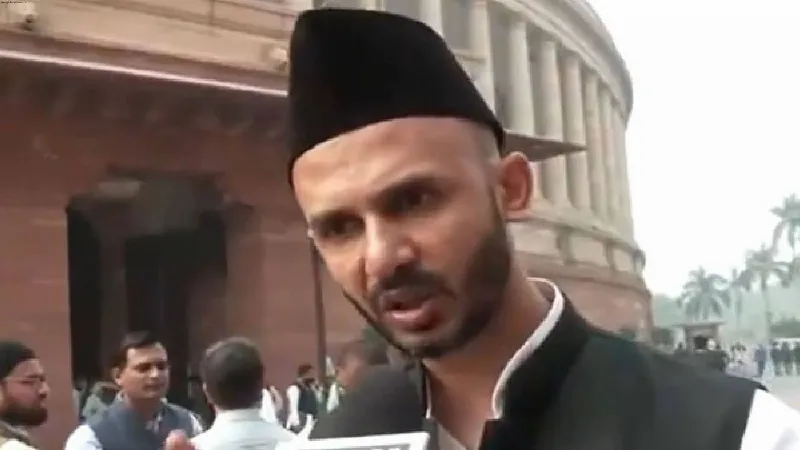Latest News
HASINA’S VICTORY: WHY INDIA SHOULD BE HAPPY?

On the morning of January 8, the Election Commission in Dhaka confirmed that Sheikh Hasina had won the 2024 elections. As a result, Hasina will serve as Bangladesh’s PM for another 5 years. She was first sworn in as PM in 1996 and was re-elected in 2009, remaining in power since. Ever since the elections were announced in Bangladesh, New Delhi has been keenly watching the happenings as Bangladesh is strategically extremely important to India on many counts. The two countries share a 4,100- km border and deep cultural, economic, and historical ties.
In the larger perspective, Hasina’s win will remain beneficial to India in almost all aspects like the national security and the economic fronts. In this article, we shall focus on what Sheikh Hasina’s win means for India, especially in the strategic sectors. As far as New Delhi’s national security is concerned, Sheikh Hasina’s government… so far… has been extremely cooperative.
Earlier, Bangladesh was known to house and reportedly harbour several antiIndia elements and Islamist jihadist groups. However, during Hasina’s administration, the machinery has come down heavily on such groups effectively to India’s benefit. India’s security agencies have received a lot of help and cooperation from their counterparts in Dhaka as far as curbing anti-India activities in the neighbouring country is concerned.
It may be recalled that it was under Hasina’s tenure that Dhaka signed the historical 1974 Land Boundary Agreement (LBA), which settled the 4,096-kilometre-long border dispute between the countries. On the other hand, for New Delhi, the return of the Bangladesh Nationalist Party (BNP), led by Khaleda Zia, who is under house arrest as a convict of graft charges, would have spelled trouble. This is mainly so because Zia, the former Prime Minister of Bangladesh, was seen as hostile to New Delhi.
New Delhi had also entered an Extradition Treaty with Bangladesh in January 2013 (during Hasina’s rule) to address the security concerns and beef up mutual trust between the two countries. During the tenure of the previous Bangladesh government led by Khaleda Zia, New Delhi faced challenges on the terrorism front. India had also mentioned about the same in its Annual Report 2004-2005 that “India has from time to time, expressed concern” over the activities of the terrorist groups operating from “the territory of Bangladesh through diplomatic channels, as also in the bilateral meetings between India and Bangladesh.” However, the then Bangladesh regime had denied harbouring “Indian insurgent groups” on its soil.
The region is poised in a reportedly palpable situation especially with a deteriorating situation in Myanmar, Dhaka in the current perspective will play a very crucial role in maintaining peace in the region, because Manipur… placed next to Myanmar is already simmering for the last so many months.
Former Indian Ambassador Ashok Kantha was quoted as telling the Hindustan Times, “Dhaka is sensitive to India’s security concerns. It realises that as long as New Delhi’s security is not compromised, it can go ahead and do business with China. It is important to keep this in mind.”
Economically speaking, Hasina’s return would mean an economically stronger neighbour which is always good news. It may be noted that Bangladesh has risen to become the second-largest economy in the region. To support this statement, we need to mention in this context that the GDP of Bangladesh was $460 billion in 2022, more than Pakistan’s $375 billion!
Also, Delhi and Dhaka share several close economic ties most of which have been fostered mainly in the recent past. The two nations’ bilateral trade has been $14.2 billion in 2022- 23 and $8.13 billion in 2021-22. Bangladesh has been the fifth largest market for Indian goods, as per the Indian Express, only behind the United States, the UAE, the Netherlands, and China.
Also, in Hasina’s regime, connectivity has been given priority and as a result, it has improved connectivity between our northeast region and the capital of Bangladesh, Dhaka. New Delhi, it may be recalled, has also offered more than $7 billion in Line of Credit to Bangladesh since 2010 for infrastructure and development projects.
The Ministry of External Affairs of India had said in November 2022 that Bangladesh is India’s biggest trade partner in the South Asia region and New Delhi was the second biggest trade partner of Bangladesh in Asia. Besides this, cooperation in the power sector has also become one of the USPs of the India-Bangladesh relations of late.
“Despite Covid-19 related disruptions, bilateral trade grew at an unprecedented rate of almost 44% from $10.78 billion in FY (Financial Year) 2020-21 to US$ 18.14 billion in FY 2021-22. Exports to Bangladesh touched above US$ 16 bn as against $ 9.6 billion the previous FY. India is Bangladesh’s largest export destination in Asia,” the MEA had also said.
To further the ties between both countries, Dhaka has also allowed India to use four of its ports to transport goods. Hasina has on several occasions maintained a supportive stance towards the administration of India’s current political scenario. Hasina’s ties with India have been deeper and that is not for nothing.
THE VIEWS EXPRESSED BY THE AUTHOR ARE PERSONAL
Robin Roy The writer is Senior Journalist and former Managing Editor, First India

